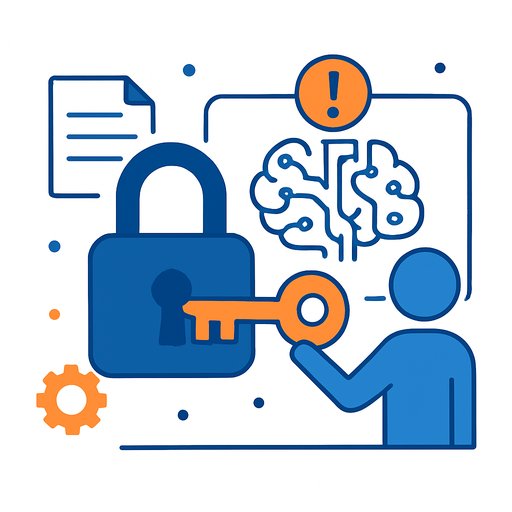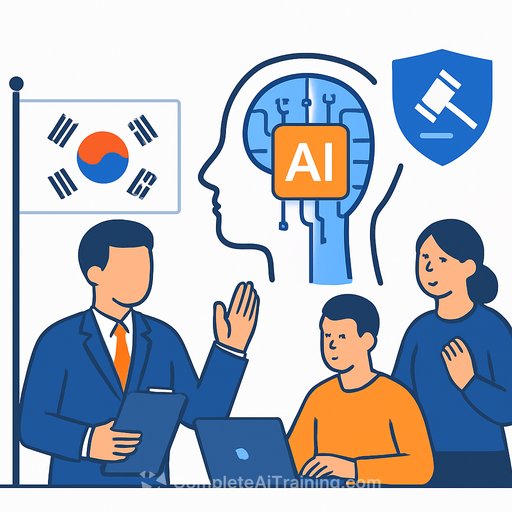VET AI Act Reintroduced to Improve AI System Verification
A bipartisan effort is underway to push the National Institute of Standards and Technology (NIST) to work with federal and industry partners to establish clear guidelines for third-party evaluators assessing artificial intelligence systems. Senators John Hickenlooper (D-Colo.) and Shelley Moore Capito (R-W.V.) reintroduced the Validation and Evaluation for Trustworthy Artificial Intelligence (VET AI) Act on August 1.
This legislation directs NIST to create detailed specifications and recommendations that enable independent evaluators to collaborate with AI companies. The goal is to provide credible external assurance and verification of AI systems' development and testing processes. The bill had previously passed the Senate Commerce, Science, and Transportation Committee before the 118th Congress ended.
What the VET AI Act Proposes
- Develop comprehensive guidelines for third-party AI evaluators, ensuring independent verification of AI systems.
- Address key areas such as data privacy, harm mitigation, dataset quality, and governance throughout the AI development lifecycle.
- Require NIST to conduct a study on the AI assurance ecosystem to evaluate current capabilities, resource needs, and market demand.
- Establish an advisory committee to recommend certification criteria for AI assurance providers handling internal or external audits.
These guidelines aim to create evidence-based benchmarks and close the gap in AI guardrails. They also respond to concerns about AI companies making claims regarding training and red-team exercises without independent validation.
Why This Matters for IT and Development Professionals
As AI systems become more complex and integrated into critical applications, having standardized verification processes is essential. Independent assurance can help organizations build trust and transparency around AI technologies, which benefits developers, users, and regulators alike.
Senator Hickenlooper emphasized the urgency, stating, “The horse is already out of the barn when it comes to AI.” Establishing sensible guardrails now can ensure AI innovations are developed responsibly and with accountability.
Senator Capito pointed out that the bill offers a voluntary framework, encouraging AI developers to adopt these guidelines to improve system reliability and public confidence.
Further Learning
For IT professionals interested in expanding their expertise in AI verification, governance, and compliance, exploring courses that focus on AI development best practices can be valuable. Resources like Complete AI Training offer up-to-date courses covering AI system design, ethical AI, and security considerations.
Understanding how independent verification fits into AI project lifecycles will become increasingly important as the technology continues to integrate into enterprise environments.
Your membership also unlocks:






